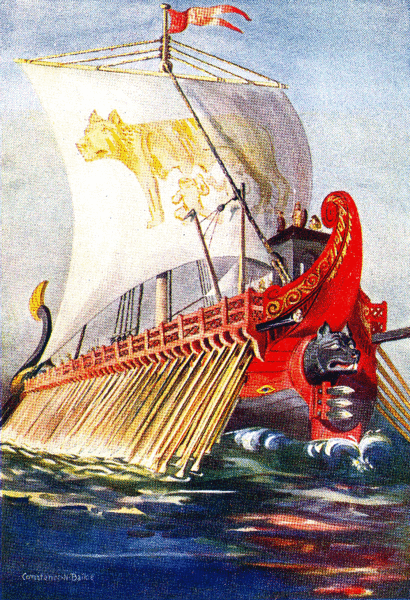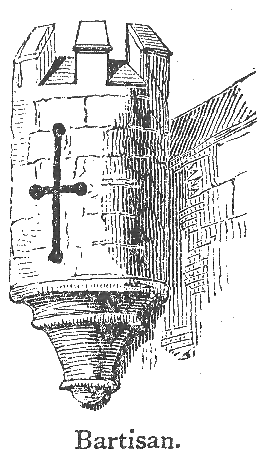Well, can you guess?
Let me (like a politician) be absolutely clear: in an international organisation set up to maintain world peace, an issue had been discussed by various of the world's leaders. Then the most experienced and skilled diplomats had made the most careful possible choice of words to ensure that the resolution was clear (or, of course, not).
In this case it was clear. Completely and utterly transparent.
Everything that persuasion in the form of language could do had been done, and everyone (well, everyone who had bothered to join The League of Nations and hadn't subsequently gone off in a huff, anyway) was agreed.
On this day in 1938 The League of Nations unanimously outlawed 'intentional bombing of civilian populations.
It's enough to make you weep.
Word To Use Today: league. This word comes from the Old French ligue, from the Italian liga, and before that from the Latin ligāre, to bind.

























